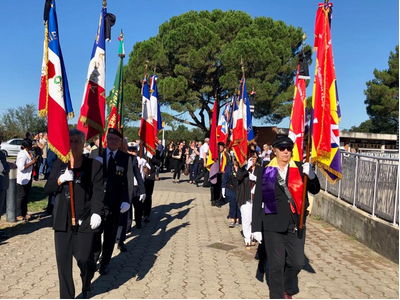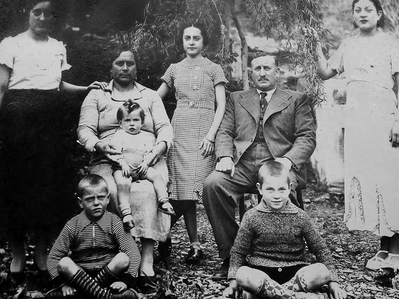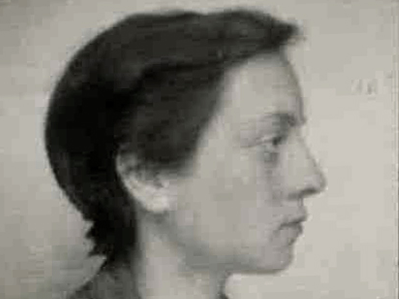- Minister Capella attended the funeral of the last Catalan survivor of the Ravensbrück women’s concentration camp
- On Saturday, the Government of Catalonia and the Pobla de Segur Town Council will pay homage to Grangé in her hometown

Final farewell to Conxita Grangé, the last Catalan survivor of the Nazi concentration camp for women in Ravensbrück. The Minister of Justice, Ester Capella, who spoke at the ceremony, expressed the Government of Catalonia’s “acknowledgement and gratitude” for “a lifetime marked by the memory of the Holocaust and the fight against fascism”. Capella said Grangé’s efforts to “expose barbarity” are an “antidote against the resurgence of hate-inspired ideologies”, and that memory policy “must live up to the legacy of women like Grangé and Neus Català, who were committed to the struggle against forgetting right to the end”.
The minister noted that in the last two years the Generalitat has opened 21 graves, recovered the remains of 292 individuals, and identified the first seven Civil War victims. The farewell ceremony, held in Cornebarrieu (Toulouse), was also attended by the Director-General for Democratic Memory, Gemma Domènech, and the director of Democratic Memorial of Catalonia, Jordi Font.

From an antifascist family
Conxita Grangé Beleta was born on 6 August 1925 in Espui, a town in the municipality of Torre de Capdella (Pallars Jussà). At the age of two, she went to live with her aunt and uncle in Toulouse due to her mother’s illness. When the Civil War broke out, she returned to Catalonia with her aunt and uncle to fight on the side of the Republic.
After the war, she returned to France with her relatives. There, she and her cousin Maria Castelló continued to fight against fascism as informants for the French Resistance.
Conxita Grangé, Maria Castelló and Elvira Ibarz (Conxita’s aunt) were arrested on 24 May 1944. They were imprisoned, tortured and deported to Germany. They crossed France from south to north on the “ghost train”, along with seven hundred other prisoners, on a two-month journey under allied bombing. On 9 September 1944, they entered the Ravensbrück women’s concentration camp.
After the Second World War, Grangé settled in Toulouse and married a former Catalan guerrilla fighter. She was awarded various decorations by the French Republic, including the Legion of Honour and the Resistance Medal.
She died on Tuesday, 27 July in Toulouse, a month after a ceremony in her honour was held in Vall Fosca (Pallars Jussà), where she was born. During the ceremony she placed a memorial plaque on the house where she was born. Grangé devoted much of her life, right up until her final days, to keeping alive the memory of the deported women and relating her eyewitness account to youngsters.

An homage against forgetting
Democratic Memorial of Catalonia and the Pobla de Segur Town Council have organised an event to commemorate the antifascist struggle of Conxita Grangé and Josep Cubiló, both of whom were from Pallars and had a close relationship with Pobla de Segur. The event, which will also be presented as a posthumous tribute to Grangé, will take place at the Molí de l’Oli-Casa Mauri in Pobla de Segur on Saturday, 7 September at 6.00 p.m.
